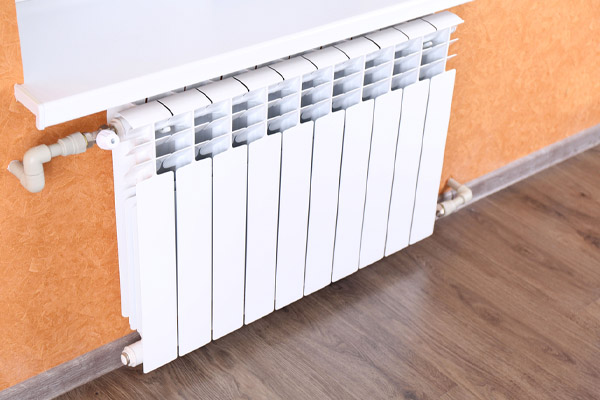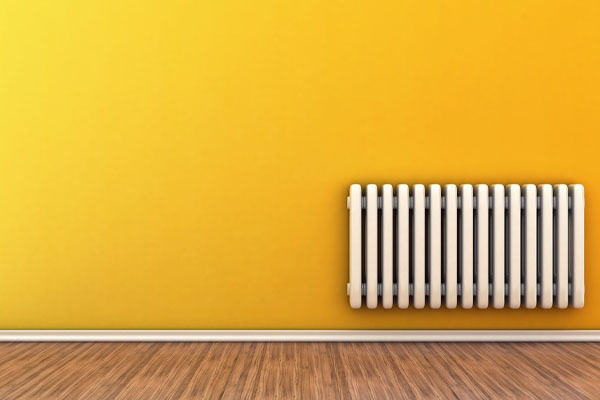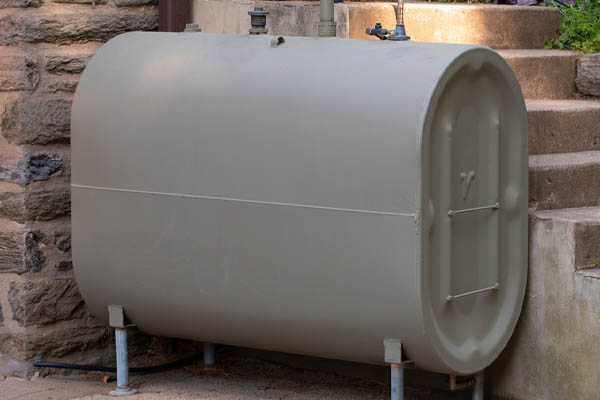Contents
A residence becomes a haven only when warmth envelops its inhabitants. A reliable heating solution is essential for weathering the winter in the chilly months. However, choosing the perfect boiler isn’t as simple as selecting the largest, most efficient model. Rather than relying on a single indicator, weighing various aspects and collaborating with an HVAC expert is crucial. This article will explore the intricacies of determining the appropriate boiler size and variant.
Which Boiler Size is Right for Me?
Selecting the correct boiler isn’t a decision to be made lightly. It’s crucial to ascertain your exact needs and find a system that caters to them. Undertake your search with precision and care. With the right upkeep, boilers have a lifespan extending well beyond a decade. Given the long-term commitment to your heating system, it’s paramount to prioritize compatibility, unwavering performance, and top-tier energy efficiency.
Settling for a mismatched unit could result in unnecessary stress, complications, and financial burdens. For a seamless selection process and to sidestep potential pitfalls, it’s recommended to seek advice from a trusted local HVAC specialist, such as the experts at Taylor Energy.
Understanding the Significance of Correct Boiler Size

When we discuss boiler size, we’re not referring to its physical dimensions. Set aside concerns about its length, width, or height. The crux of the matter lies in its energy output, quantified in kilowatts. This metric gauges the boiler’s heat generation capability.
Ensuring you select the right size for your residence is vital – it shouldn’t be excessively high or insufficiently low. You optimize energy consumption by zeroing in on the ideal size, ensuring you only pay for the required warmth.
Determinants of Boiler Size
The amount of heat a house needs directly impacts the boiler size necessary to maintain comfort. Securing the right size ensures consistent warmth throughout your space. Skilled HVAC experts utilize precise calculations to identify a target boiler size for you. Leveraging years of hands-on experience, these seasoned technicians can also offer swift approximations.
Sharing details like the count of radiators, property dimensions, structural layout, household’s hot water usage, and preferred fuel type can aid them in this process. Let’s delve into each of these influential factors individually.
Radiator Count

Have you taken stock of the radiators within your premises? A standard family residence with four bedrooms usually houses around ten radiators. For such a configuration, a boiler with a 24-kilowatt rating typically suffices. A lower rating is advisable for cozier homes with just one or two bedrooms. Conversely, expansive homes designed for larger families might necessitate a boiler with more than 35 kilowatts. HVAC experts might suggest boilers with ratings approaching 42 kilowatts in homes with around twenty radiators.
Home Dimensions
What’s the square footage of your home? Larger properties encompass a greater expanse of internal air than their more compact counterparts. Such spaces demand a boiler capable of generating ample heat to maintain optimal indoor temperatures. Opting for a boiler that’s too small might leave you grappling with the cold during winter’s coldest days.
Assessing Heat Loss
Heating specialists have evolved their methods to ascertain the ideal boiler size tailored to each residence. Instead of solely focusing on property dimensions, they now evaluate the home’s heat loss. This comprehensive assessment integrates various elements, including the count of windows and radiators, floor space, insulation quality, and other variables that affect heat retention. By employing this meticulous approach, they can recommend a boiler size equipped to combat the chilliest days.
Selection of Fuel

Which fuel powers your heating mechanism? While many residences have access to the natural gas network, some depend on heating oil or liquefied petroleum gas stored on their property. The fuel type can significantly influence the efficiency of the system. Contemporary boilers can harness renewable energies. For those mindful of their ecological footprint, opting for a boiler with an elevated AFUE rating is advisable.
Consideration of Bathrooms and Shower Usage
A robust boiler doesn’t just warm your home; it ensures consistent water pressure without unnecessary energy consumption. As you factor in property dimensions, it’s vital to account for the number of bathrooms – they demand a substantial amount of hot water. Reflect on the household’s size: how many occupants are there, and how often do they utilize the baths and showers?
Choosing the Right Boiler Type for Your Residence
Beyond just size, selecting the appropriate boiler type is pivotal for your home’s heating needs. You’ll find three primary choices, each with unique advantages and drawbacks. The existing boiler type in your home and the space allotted for the upcoming unit will be crucial factors in this decision. Let’s explore each option:
Combi Boilers
Combination boilers function by heating water only when demanded, ensuring swift delivery without long waits. Owing to their design, which eliminates the need for stored hot water, there’s no requirement for a separate tank, making them an ideal fit for compact homes.
The moniker “combi” originates from its dual role, integrating a water heater and a central boiler. However, their inability to heat the space and water simultaneously is a limitation. A different boiler type might be more suitable for households requiring hot water from multiple sources concurrently.
Conventional Boilers
Conventional boilers, often termed traditional boilers, come equipped with two separate tanks: one for hot water and another for cold. They heat the water through fuel combustion, which a pump then circulates to a dedicated hot water tank. This ensures immediate availability of hot water whenever you turn on a tap or shower.
This type is predominantly found in older residences. If you live in such a home, replacing an old boiler with the same conventional model is typically prudent.
System Boilers
Households with several members have higher daily hot water demands. Therefore, a system boiler could be what’s needed. It draws water straight from the mains and heats water within a storage cylinder. This design bypasses the necessity for an additional cold-water tank. A notable advantage over combi boilers is their ability to simultaneously supply hot water to several points.
Implications of an Overly Large Boiler
Selecting a boiler that’s too large for your space can lead to its frequent on-off cycling, a situation termed “short cycling.” This occurs as the room reaches its desired temperature too rapidly, prompting the boiler to shut down. Yet, as the warmth disperses quickly, the boiler reignites in quick succession. Such repetitive cycling can cause radiators to become excessively hot and lead to accelerated wear on other boiler components. Consequently, the boiler’s lifespan might be notably reduced, underscoring the importance of precise sizing.
Implications of an Undersized Boiler
On the other end of the spectrum, opting for a boiler that’s too small can result in prolonged heating times. Such a boiler might fall short of providing the quick warmth you yearn for upon returning home. While it might suffice on milder days, it can struggle to maintain comfort during the harshest winters. Additionally, the supply can deplete swiftly with multiple individuals drawing hot water simultaneously.
Conclusion
Choosing the right boiler entails a blend of technical expertise and informed decision-making. Homeowners who invest the effort to grasp this intricate process often find themselves more content with their final selection. To sidestep potentially expensive missteps, it’s advisable to seek the counsel of a seasoned HVAC professional, like those at Taylor Energy, who can undertake comprehensive heat loss evaluations.
Reach Out to Taylor Energy for All Your HVAC Needs
Taylor Energy proudly delivers top-tier heating and cooling solutions in Northern Connecticut. Our team comprises elite, certified technicians equipped to provide unmatched HVAC tune-ups, repairs, installations, and replacements. Each technician at Taylor Energy boasts extensive knowledge and hands-on experience, ensuring your HVAC system receives top-notch care.
We pride ourselves on offering the most affordable prices for heating and cooling services in the region. Our maintenance offerings enhance your comfort and boost energy efficiency, trimming your household’s heating and cooling expenses. Should you be in the market for HVAC repairs or a system upgrade, we can recommend the most suitable options tailored to your needs and budget. Standing firmly behind the quality of our work, we offer guarantees to ensure your utmost satisfaction. To set up a service appointment, call Taylor Energy today. We also provide complimentary in-home estimates.
You can click here to contact us now or call us at (860) 623-3308 to find out more! Click the link to view our service area.

Related Articles:
